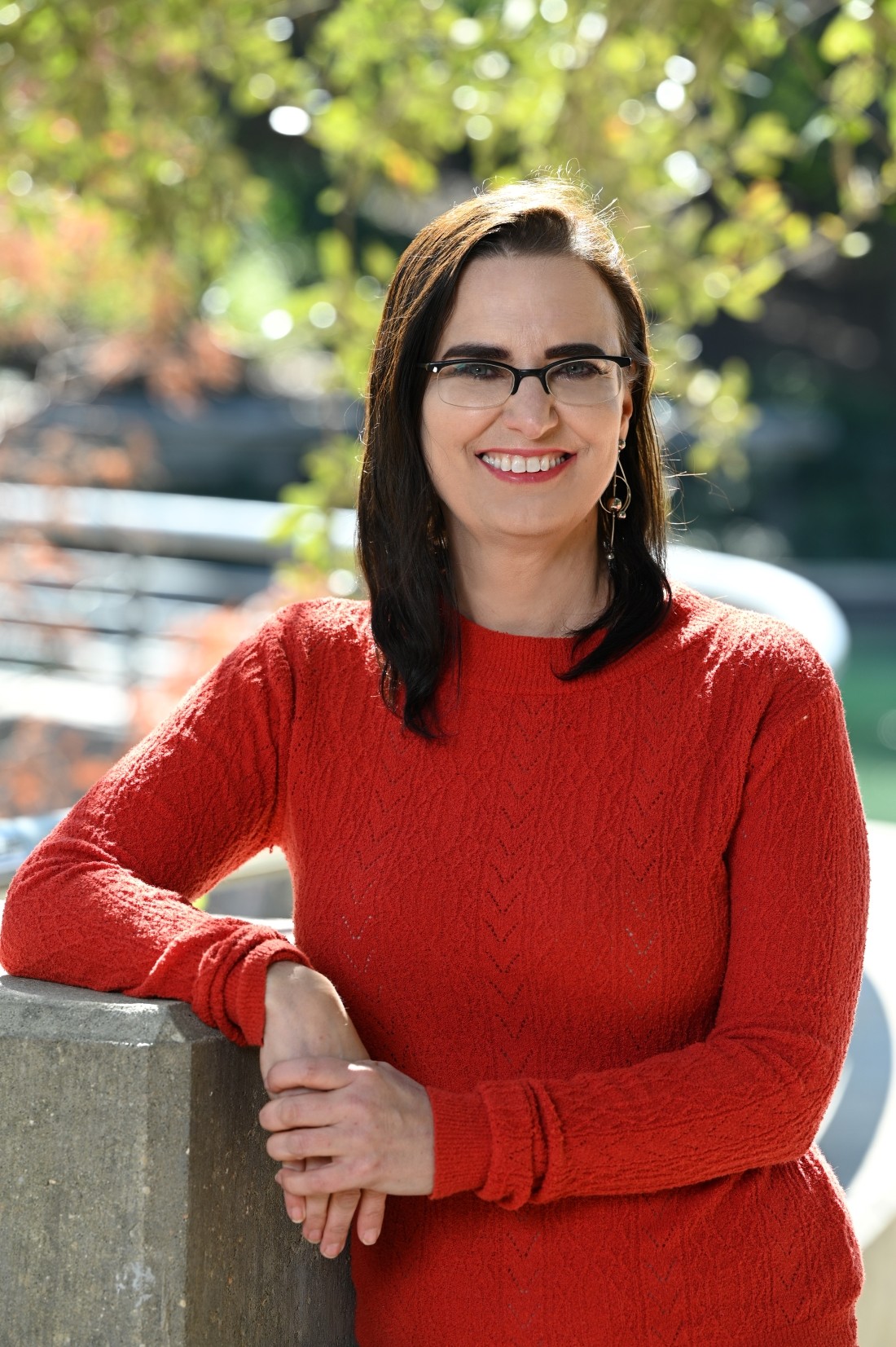We’re excited to introduce you to the always interesting and insightful Carrie Carter. We hope you’ll enjoy our conversation with Carrie below.
Hi Carrie, thanks for joining us today. How did you learn to do what you do? Knowing what you know now, what could you have done to speed up your learning process? What skills do you think were most essential? What obstacles stood in the way of learning more?
Every bit of formal education helped shaped my writing. I learned about grammar, syntax, how to write for a certain audience. Even more importantly, was all the books that I’ve read through the years. They help guide you in finding your voice and the genre you love. Once out of college, I took a screenwriting class, Tom Vaughan’s Story and Plot, that was essential in how I thought about story. People don’t respond to the plot as much as they respond to the emotional journey of the characters. I also paid more attention to outlining and pre-plannng because of that class. Then the most important aspect comes, putting what you learned and writing, writing and writing. Life has a way of getting in the way with day jobs or friends wanting to go do something. Carving out time to write can be difficult but it is through finishing one project and moving on to the next where you can see real growth as a writer.


Great, appreciate you sharing that with us. Before we ask you to share more of your insights, can you take a moment to introduce yourself and how you got to where you are today to our readers.
Since I was a kid in elementary school, when I read just about any book I could get a hold of, I knew I wanted to be a writer. I wrote short stories in 3rd grade about a girl and her best friends trying to solve mysteries that were no mystery at all, just a misunderstanding.
I dabbled off and on creating stuff, even completing a few screenplays but none of it went anywhere and I took the traditional day time route of a consistent job. Unfortunately, none of those were a good fit, to put it mildly, and some were flat out bizarre or awful, like the job where the CEO had been fired and he came into work. He sat in his now empty office staring at the ceiling. My co-workers and I huddled together, fearful that he might have a gun, and decided to get revenge. We plotted our escape route. No one should have to work like that!
Dissatisfied with my career, I’d send a list to my friends of all my likes and ask them to come up with the ideal job for me that didn’t involve going back to university. My sister suggested combining my love of cats, Japan, coffee, and writing, and create a book. I can’t believe I didn’t think of it. That’s how Whiskers Abroad: Ashi and Audrey’s Adventures in Japan was born.
It started as spy novel with a cat trekking around Tokyo, engaging in espionage, but quickly I realized the spy genre wasn’t one I knew much about, but I did know about traveling, especially to Japan since I had been there 14 times. I recruited my sister to do the lay-out and graphics for the book. The end book was a new grenre, a blend of magical realism, travel diary/memoir, and a guidebook.


Is there something you think non-creatives will struggle to understand about your journey as a creative? Maybe you can provide some insight – you never know who might benefit from the enlightenment.
You have to write or play music. You have to create that diorama, or paint the picture of horse you see in your head. You have to get it out of you and into the real world. If you don’t, there’s a sensation of not being honest with yourself.
In a sense, you do it for yourself. However, if other people read what you wrote, and connect with it, it’s one of the greatest emotions you can experience.

What can society do to ensure an environment that’s helpful to artists and creatives?
If you had asked me this question last year, my answer would focus more on paying creatives and artists what they are worth. While some do manage to make a decent living at it, most struggle with bills and figuring out health insurance. I think as a society, we tend to undervalue creative work, and don’t realize just how special it really is. Art makes us human. Art gives shape to emotions and feelings. Art is important.
I still think the above is true but now I have to add another aspect to it. Ban chat GTP or any form of it. Nothing good will come out of it in terms of creative pursuits. It basically steals ideas and churns something out. While it’s not that good at most creative final products, give it time, and it will improve, and companies that pay for graphic design, art, website design, scripts, screenplays, novels, etc, will use it because it’s cheap. For them it about dollars while for the artists it’s about what makes us human. I can imagine one of the large romance publishers firing their novelists and going with AI to create books since there is a certain amount of formula to them. Is that really the world we want to live in? We need to protect art. We need to encourage its creation, and I can’t believe I even have to say this, but we need it created by humans.

Contact Info:
- Website: carriecarterwrites.com
- Instagram: https://www.instagram.com/carriecarterwrites/
- Facebook: https://www.facebook.com/carriecarterwrites
Image Credits
Stacy Vickers – venn diagram, book cover Jack O’patrany – headshot


